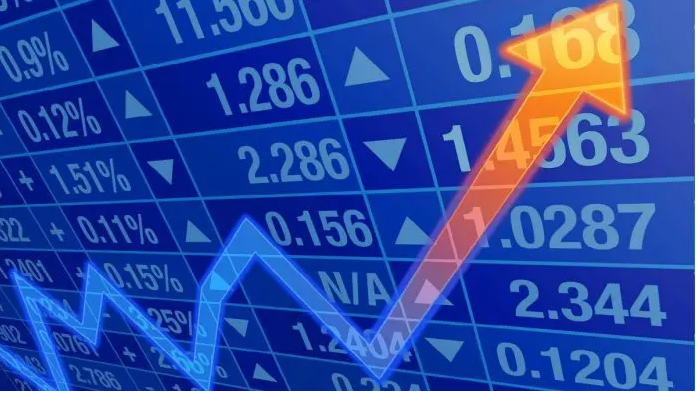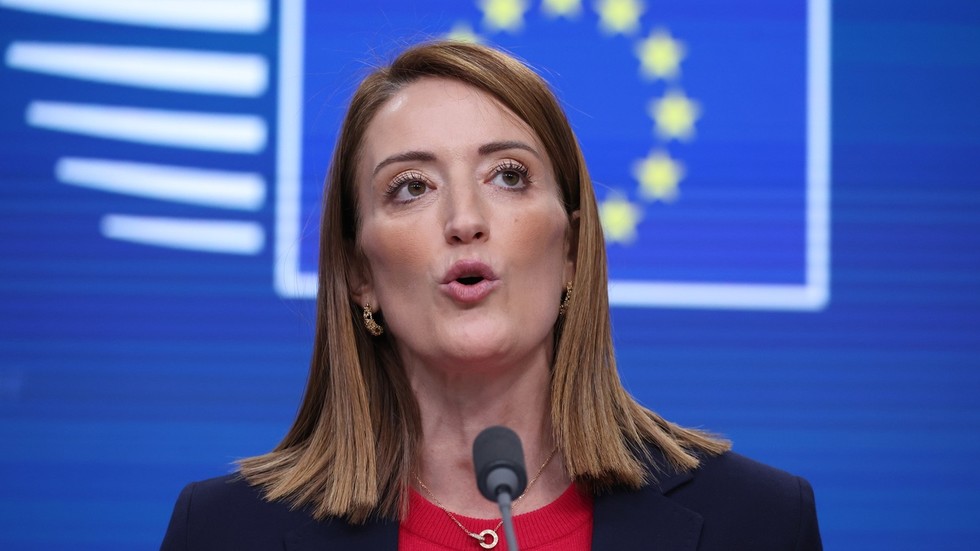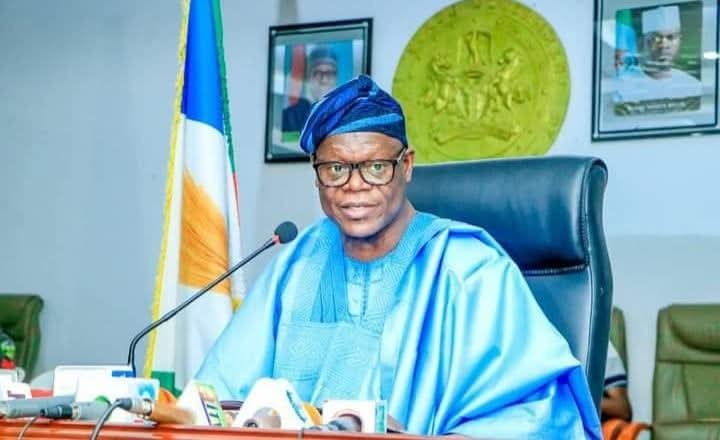European and African leaders are converging in Angola for a two-day summit aimed at strengthening economic and security ties between the two continents. The gathering, which begins on Monday, will also serve as a backdrop for emergency discussions on the ongoing conflict in Ukraine.
France’s Emmanuel Macron, Germany’s Friedrich Merz, and Kenya’s William Ruto are among the dozens of European Union and African leaders expected to attend the summit in Luanda. The meeting will focus on key issues such as trade, migration, and critical raw materials. However, the European Union’s efforts to counter a US plan to end the Ukraine conflict are expected to be a major point of discussion.
The US plan, initially seen as favoring Moscow, has sparked concerns among EU leaders. Following talks between top US and Ukrainian representatives in Geneva on Sunday, EU leaders are set to hold a special meeting on the sidelines of the Luanda gathering to discuss the proposal. Finnish President Alexander Stubb noted that there is still significant work to be done on the 28-point plan.
The Angola summit marks 25 years of EU-African Union relations, which analysts say need to be revamped if Europe wants to maintain its role as the continent’s top partner. Africa has emerged as a key diplomatic battleground, with China, the United States, and Russia competing for its minerals, energy potential, and political support. The EU is currently the leading supplier of foreign direct investment to the continent, with trade in goods and services reaching 467 billion euros in 2023.
However, the EU has faced setbacks in its relations with Africa, partly due to resentment over the West’s colonial past. China has secured strategic resources in some countries, while Russia has become the preferred security partner in others. The Gulf states and Turkey have also made significant inroads, giving African nations more choice and bargaining power.
To counter this, EU capitals need to come up with an attractive offer that can compete with other global powers. This would require investments in infrastructure, energy, and industrial projects that generate employment and economic growth in Africa. African leaders are looking for credible and implementable commitments, rather than lofty statements of support.
The summit will also focus on tackling illegal migration to Europe and security cooperation, as well as granting Africa a stronger voice in global governance bodies. Boosting trade will be a top priority, with the EU expected to offer its expertise to help build up intra-African trade. The EU will also seek to secure critical minerals needed for its green transition and reduce its dependency on China for rare earths.



